For many vapers, the delightful sweetness of e-liquids raises an important question: are we actually inhaling sugar? Given how many flavors mimic candies, desserts, and fruits, it’s natural to wonder if sugar is secretly present in your vapor. Let’s explore what really gives vape juice its sweet taste and whether it should be a concern for your health or device.
Do Vapes Contain Sugar?
The straightforward answer is: no, the vast majority of vapes do not contain sugar in the form of table sugar (sucrose) or other common sweeteners like fructose or glucose.
E-liquids are primarily composed of four key ingredients:
-
Propylene Glycol (PG): A flavor carrier that provides the familiar “throat hit.”
-
Vegetable Glycerin (VG): A thicker liquid that produces dense vapor clouds.
-
Flavor Concentrates: Food-grade, vapor-safe additives that create the desired taste profiles.
-
Nicotine (optional): The stimulant derived from tobacco, available in various strengths.
While some e-liquids—particularly those using natural tobacco extracts—may contain trace amounts of sugars inherent to the source plant, these are minimal and not a result of direct addition.
How Is Sweetness Achieved Without Sugar?
The sweetness you perceive comes from non-sugar sweeteners and flavor compounds specially designed to withstand heating and vaporization. Common additives include:
-
Sucralose: A popular, potent sweetener used in many candy, dessert, and beverage-inspired e-liquids.
-
Ethyl Maltol: Provides a mild, cotton-candy-like sweetness and can help smooth out harsh notes.
-
Erythritol and other sugar alcohols: Often used for a cleaner, less overpowering sweet profile.
These compounds are stable at typical vaping temperatures, allowing them to deliver sweetness without burning or decomposing in ways that sugar would.
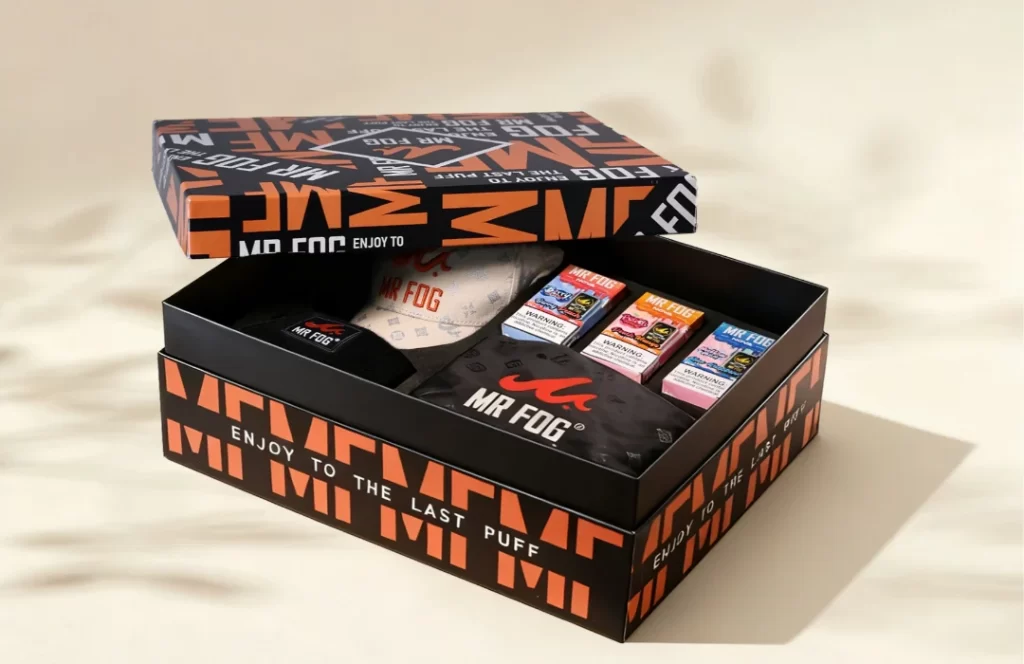
Why Isn’t Real Sugar Used in Vape Juice?
There are two major reasons e-liquid manufacturers avoid actual sugar:
-
Coil and Performance Issues: Sugar caramelizes when heated. In a vape coil, this would quickly lead to gunk buildup, clogged wicks, burnt-tasting hits, and a significantly shortened coil lifespan.
-
Health and Safety: Inhaling vaporized sugar or its thermal byproducts (such as acrolein) can be irritating to the respiratory tract and potentially harmful. Sweeteners like sucralose are chosen specifically because they vaporize more cleanly and are considered safer for inhalation in this specific application.
Does Sweet Vape Juice Damage Coils Faster?
Yes, even non-sugar sweeteners can reduce coil life. Sucralose, in particular, can slowly degrade and leave a sticky residue on the coil and wick as they are repeatedly heated. This buildup insulates the coil, reduces wicking efficiency, and eventually produces a burnt taste.
To extend the life of your coils:
-
Opt for e-liquids marketed as “less sweet” or “clear.”
-
Avoid chain vaping, which gives the coil less time to cool and re-saturate.
-
Clean your tank regularly when changing flavors.
Can Vaping Affect Blood Sugar Levels?
Vaping does not introduce sugar into your bloodstream, so it does not directly raise blood glucose. However, nicotine itself can have an impact. Nicotine stimulates the release of adrenaline, which can temporarily increase blood sugar levels and affect insulin sensitivity.
If you have diabetes or are prediabetic, it’s important to be aware of this indirect effect and consult with a healthcare provider about how nicotine consumption—whether from vaping, patches, or cigarettes—might influence your condition.
Are Artificial Sweeteners in Vapes Safe?
Research into the long-term health effects of inhaling vaporized sweeteners is still ongoing. While current evidence indicates that these compounds are significantly safer than inhaling burned sugar or tobacco, some studies suggest that heating certain sweeteners to high temperatures could potentially produce low levels of undesirable compounds.
To minimize any potential risks:
-
Use your device within its recommended power range.
-
Replace coils regularly to avoid vaping on heavily degraded residue.
The Bottom Line
The sweet, satisfying taste of your favorite e-liquid comes from carefully engineered flavorings and heat-stable sweeteners—not from sugar. While these additives make vaping enjoyable, they do contribute to coil wear, and their long-term health profile is still being studied. If you’re concerned about coil longevity or sweetener intake, consider exploring unsweetened or naturally extracted tobacco (NET) and fruit (NEF) e-liquid options.
✅ Frequently Asked Questions
1. Do any vapes contain real sugar?
Virtually no commercially made e-liquids contain added sugar like sucrose or fructose. Trace sugars may be present in natural extracts, but these are not added for sweetness.
2. Can vaping affect my blood sugar?
Not directly. However, the nicotine in e-liquids can cause short-term spikes in blood glucose due to its effects on adrenaline.
3. Why is sugar bad for vaping?
Sugar burns rather than vaporizes cleanly, leading to coil damage, a burnt taste, and the potential production of harmful irritants like acrolein.
4. What’s the main sweetener in vape juice?
Sucralose is the most widely used sweetener, especially in sweet, dessert, and candy-flavored e-liquids.






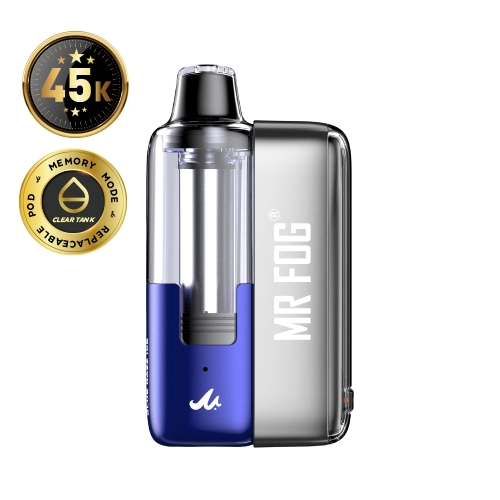 SWITCH POD
SWITCH POD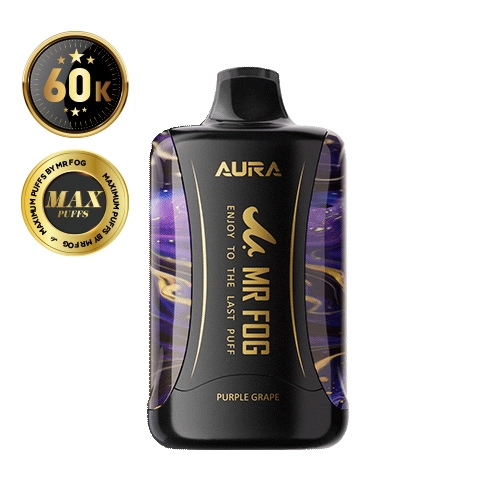 AURA
AURA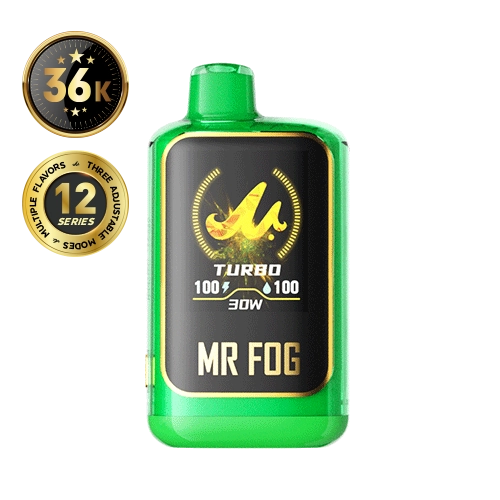 NOVA Apple Steezy
NOVA Apple Steezy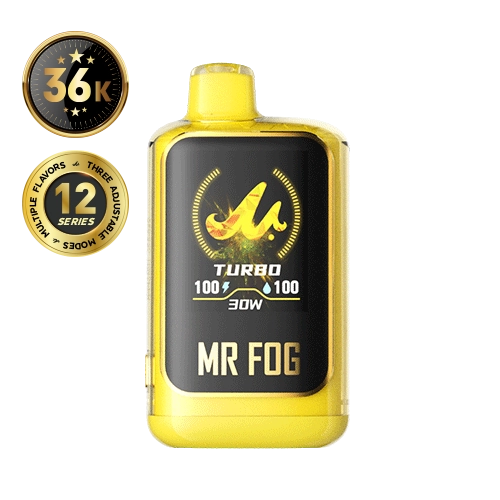 NOVA Banana Steezy
NOVA Banana Steezy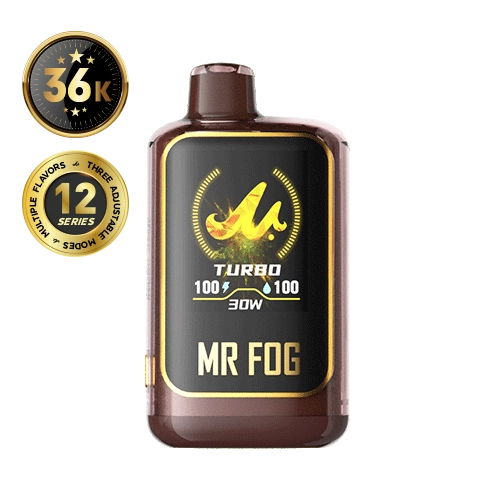 NOVA Popup Series
NOVA Popup Series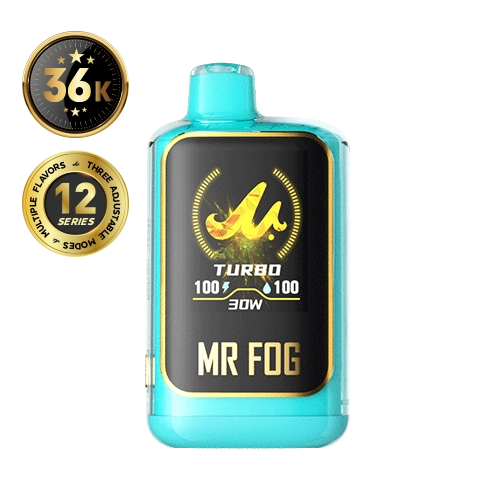 NOVA Bubble Gang
NOVA Bubble Gang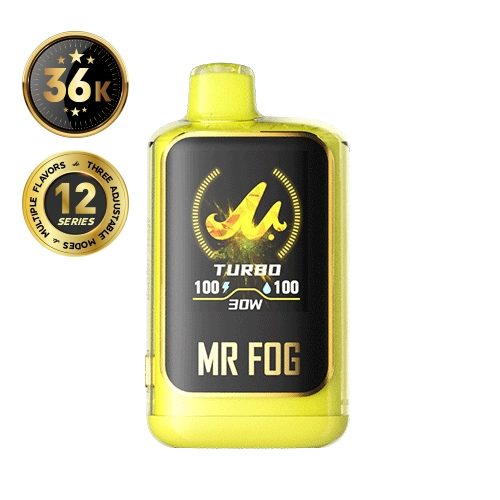 NOVA Lemon Steezy
NOVA Lemon Steezy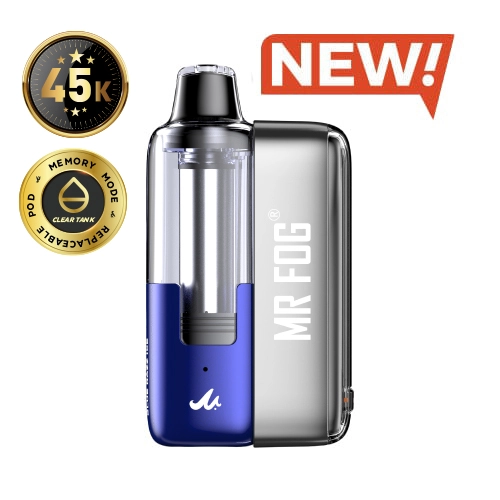 SWITCH POD
SWITCH POD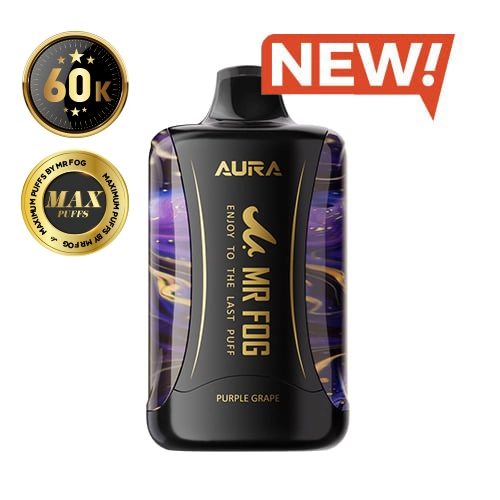 AURA
AURA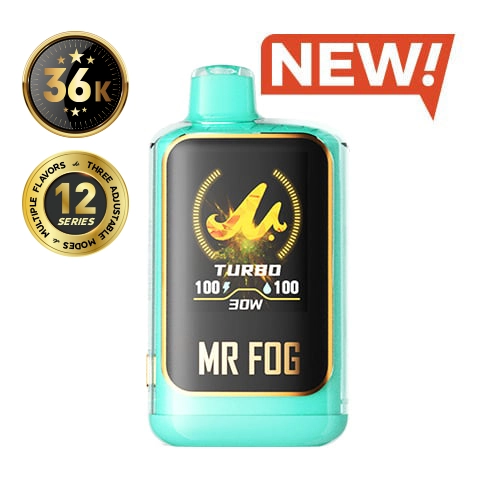 NOVA Series
NOVA Series SWITCH 15000
SWITCH 15000 SWITCH 5500
SWITCH 5500 Blue Razz Steezy
Blue Razz Steezy Mellow Man
Mellow Man Apple Steezy
Apple Steezy Banana Steezy
Banana Steezy Berry Steezy
Berry Steezy DRT
DRT Nicotine Pouches
Nicotine Pouches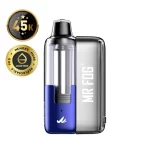 SWITCH POD
SWITCH POD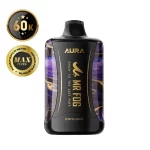 AURA
AURA NOVA Apple Steezy
NOVA Apple Steezy NOVA Banana Steezy
NOVA Banana Steezy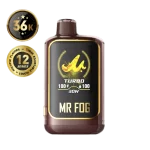 NOVA Popup Series
NOVA Popup Series NOVA Bubble Gang
NOVA Bubble Gang NOVA Lemon Steezy
NOVA Lemon Steezy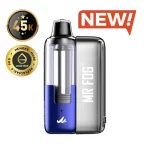 SWITCH POD
SWITCH POD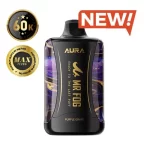 AURA
AURA NOVA Series
NOVA Series SWITCH 15000
SWITCH 15000 SWITCH 5500
SWITCH 5500 Blue Razz Steezy
Blue Razz Steezy Mellow Man
Mellow Man Apple Steezy
Apple Steezy Banana Steezy
Banana Steezy Berry Steezy
Berry Steezy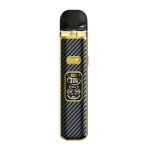 DRT
DRT Nicotine Pouches
Nicotine Pouches